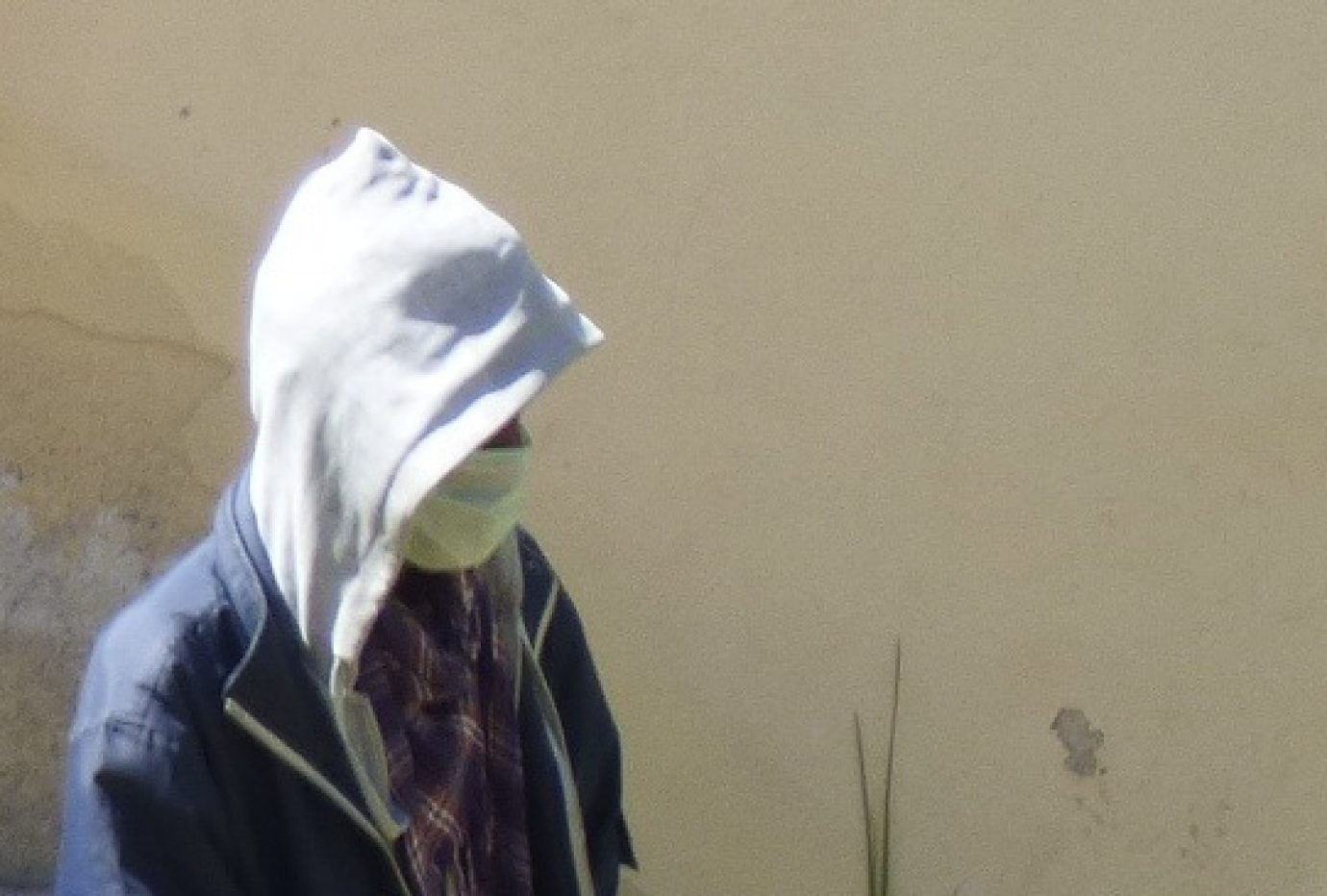Expert Consultation on measuring tuberculosis (TB) stigma.
On May 17 and 18th, 2016, technical experts are meeting in The Hague to debate and formulate strategies for the measurement of tuberculosis (TB) stigma.
TB care and prevention pose ethical dilemmas. The adverse social consequences of TB may include stigmatization and social isolation, interruption of studies, loss of employment, or divorce. The negative consequences often extend to the family of the persons ill with TB.
The response to the stigmatization attached to the disease and the discrimination against those affected should be guided by globally recognized principles and values, should be sensitive to local values and traditions, and should be informed by debates among all stakeholders. (Source: WHO END TB Strategy, pages 7 and 18).
To offer people affected by TB better social protection, instruments are needed that protect and promote human rights, including addressing stigma and discrimination. Special attention should be given to gender, ethnicity, and protection of vulnerable groups.
Challenge TB, USAID and KNCV Tuberculosis Foundation are hosting the two-day gathering of international experts to discuss the challenges in measuring TB stigma and to recommend improvements in measurement tools.
During the two-day consultation the experts will discuss stigma measurement methodologies, focusing on three target audiences: TB patients, the general population, and health care workers. These groups are also represented at the meeting. Stigma measurement at policy levels will also be discussed.
The participants include experts from (among others) WHO, USAID, the Universities of Toronto, Vanderbilt, KwaZulu-Natal, Antwerp, Amsterdam/Academic Medical Center, and the London School of Tropical Medicine and Hygiene, the Stop TB Partnership, KIT Royal Tropical Institute, International Center for Research on Women (ICRW), and KNCV Tuberculosis Foundation.
This consultation is taking place in advance of an international meeting in The Hague on 19 May on TB Stigma Reduction Strategies:
Zero Discrimination: Getting to Zero TB Stigma
Are TB stigmas susceptible to intervention and how do we get there?


